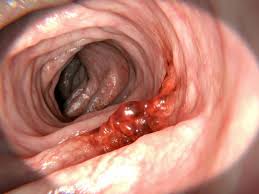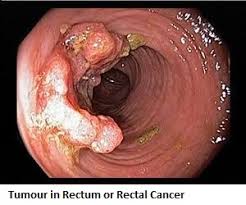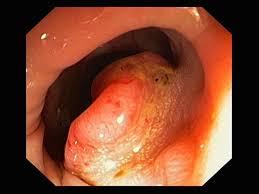1) What are the symptoms of anal cancer?
Bleeding from the rectum or anus
The feeling of a lump or mass at the anal opening
Pain in the anal area
Persistent or recurrent itching
Change in bowel habits (having more or fewer bowel movements) or increased straining during a bowel movement
Narrowing of the stools
Discharge (mucous or pus) from the anus
Swollen lymph nodes (glands) in the anal or groin areas.
2) How are anal cancers treated?
Surgery – an operation to remove the cancer
Radiation therapy – high-dose x-rays to kill cancer cells, and
Chemotherapy – giving drugs to kill cancer cells.
3) What happens after treatment for anal cancer?
Follow-up care to assess the results of treatment and to check for recurrence is very important. Most anal carcinomas are effectively treated. In addition, many tumors that recur may be successfully treated if they are caught early. A careful examination by an experienced physician at regular intervals is the most important method of follow-up. Additional studies may be recommended. You should report any symptoms or problems to your doctor right away



